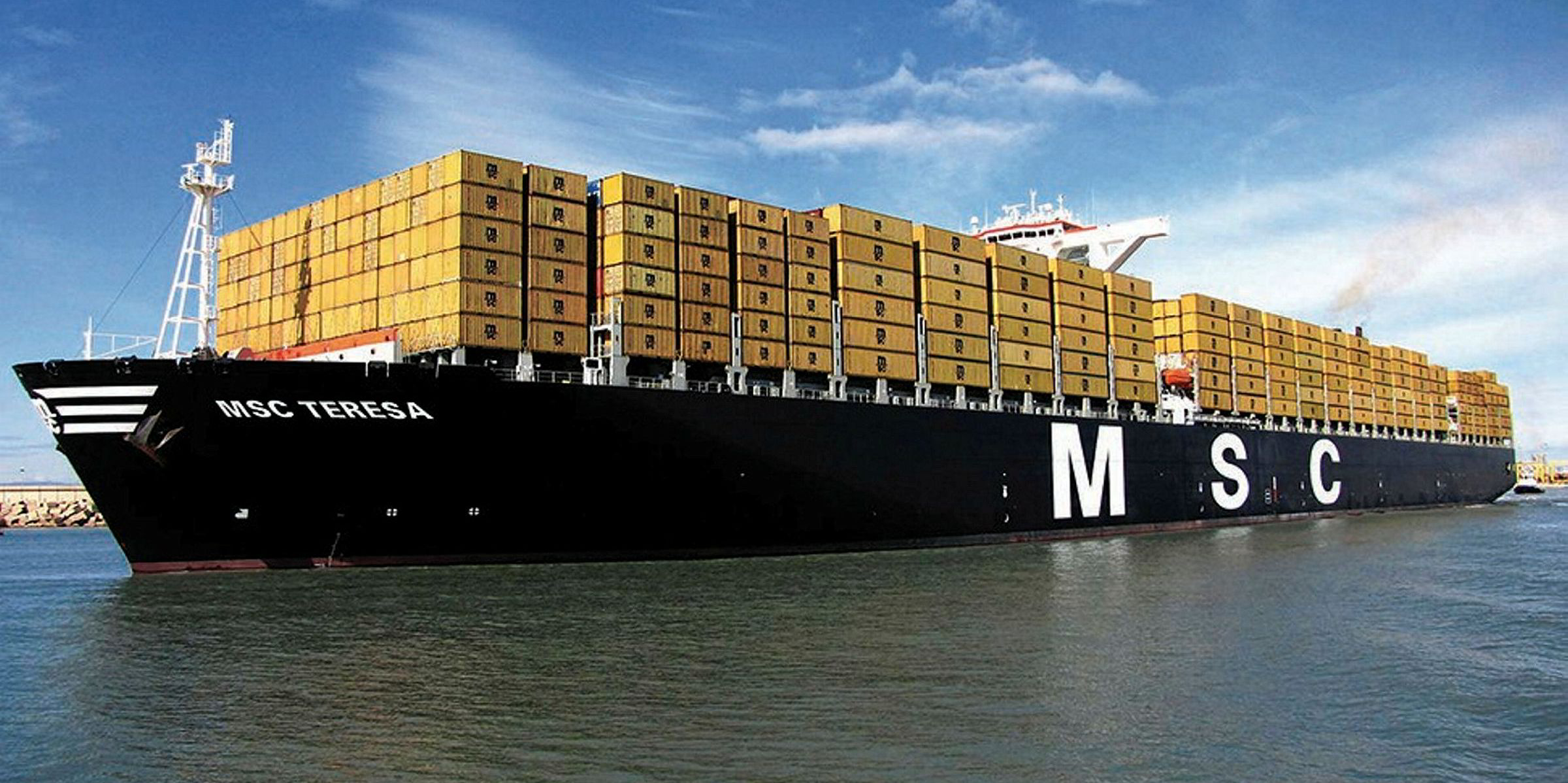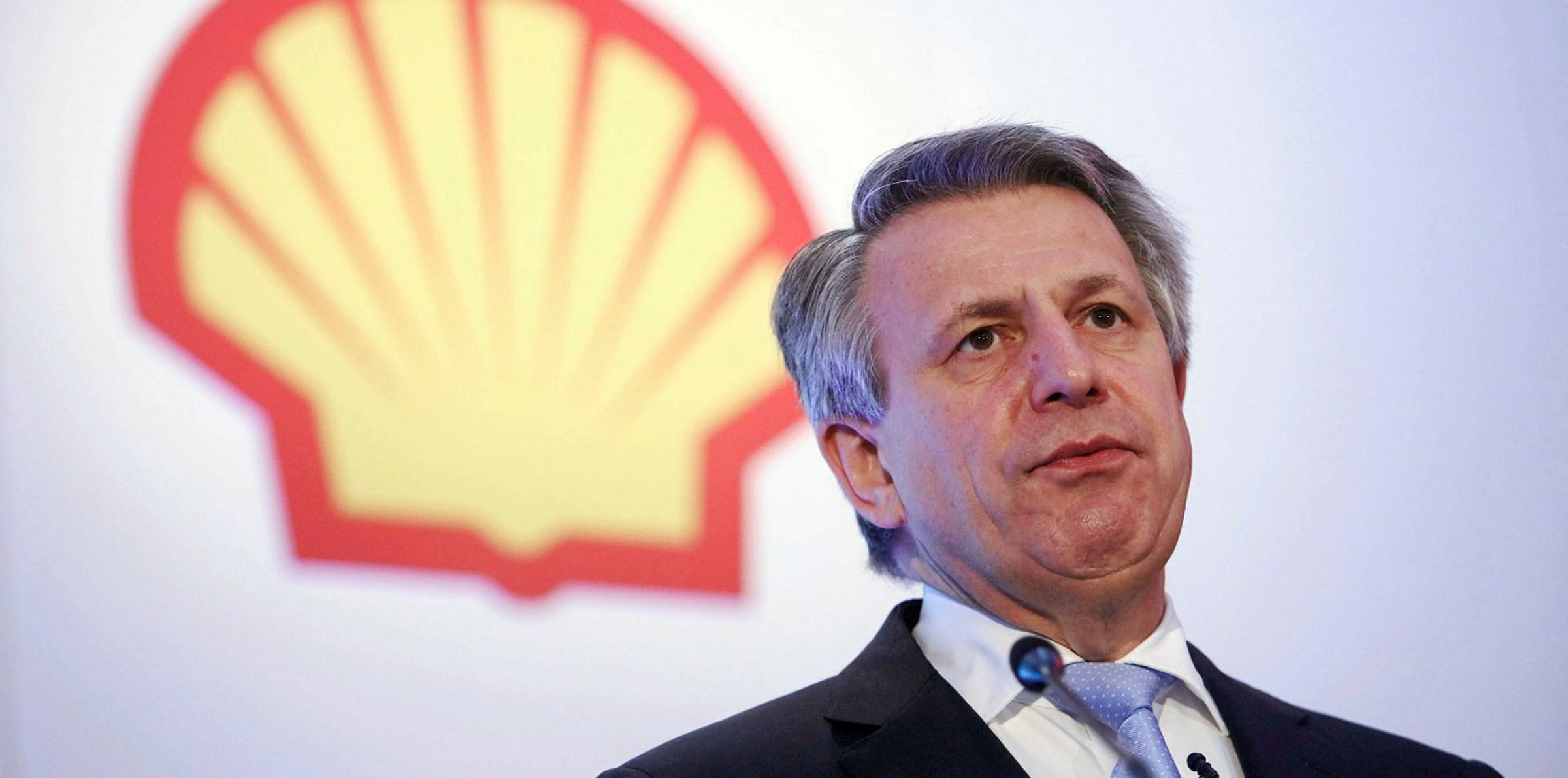The UN secretary general has told governments which are bailing out cash-strapped shipping companies during the coronavirus pandemic that they should insist on the use of low-carbon fuel.
Antonio Guterres' comments were made at the International Energy Agency Clean Energy Transitions Summit on Thursday.
The list of shipping companies receiving state-backed loans and backing during the worsening global economic crisis include France’s CMA CGM, Hyundai Merchant Marine, Singapore’s Pacific International Lines and Taiwan’s Evergreen.
But it comes at a time when shipping is facing pressure on emissions. Mediterranean Shipping Co (MSC) was recently accused of being one of Europe’s biggest polluters in an indication of shipping's environmental reputation.
“Bailout support to sectors such as industry, aviation and shipping should be conditioned on alignment with the goals of the Paris Agreement,” Guterres said in a message to governments around the world.
“We need to stop wasting money on fossil fuel subsidies and place a price on carbon. We need to consider climate risk in our decision-making.”
However, shipping executives are likely to find Guterres' comments a little harsh. Shipping is already progressing regulation through the International Maritime Organization, a UN body, to align the shipping industry's emissions output with the goals of the Paris Agreement.
The IMO is putting together regulation to ensure that shipping reduces its carbon intensity by 40% by 2030 and halves total emissions by 2050. The longer-term goal is to make the shipping industry carbon neutral.
LNG-fuelling
CMA CGM, which received state funding from the French government in the form of loan guarantees, has also already invested in a series of LNG-fuelled mega containerships in China to reduce its carbon footprint.
MSC also recently hit back at allegations that emissions figures showed it to be a major polluter.
In a statement, MSC said: "Mediterranean Shipping Company (MSC), a global leader in shipping and logistics, is heavily investing in its fleet and low-carbon technology to support decarbonising the shipping industry.”
The liner operator added that shipping played a part in reducing rather than increasing global emissions.
“As an essential cog for global trade, MSC like other shipping lines, is a carrier bringing people everyday goods such as medicines, food, fresh produce and clothes. Without shipping, these goods would need to be transported by road or air which would significantly increase carbon emissions,” MSC said.






